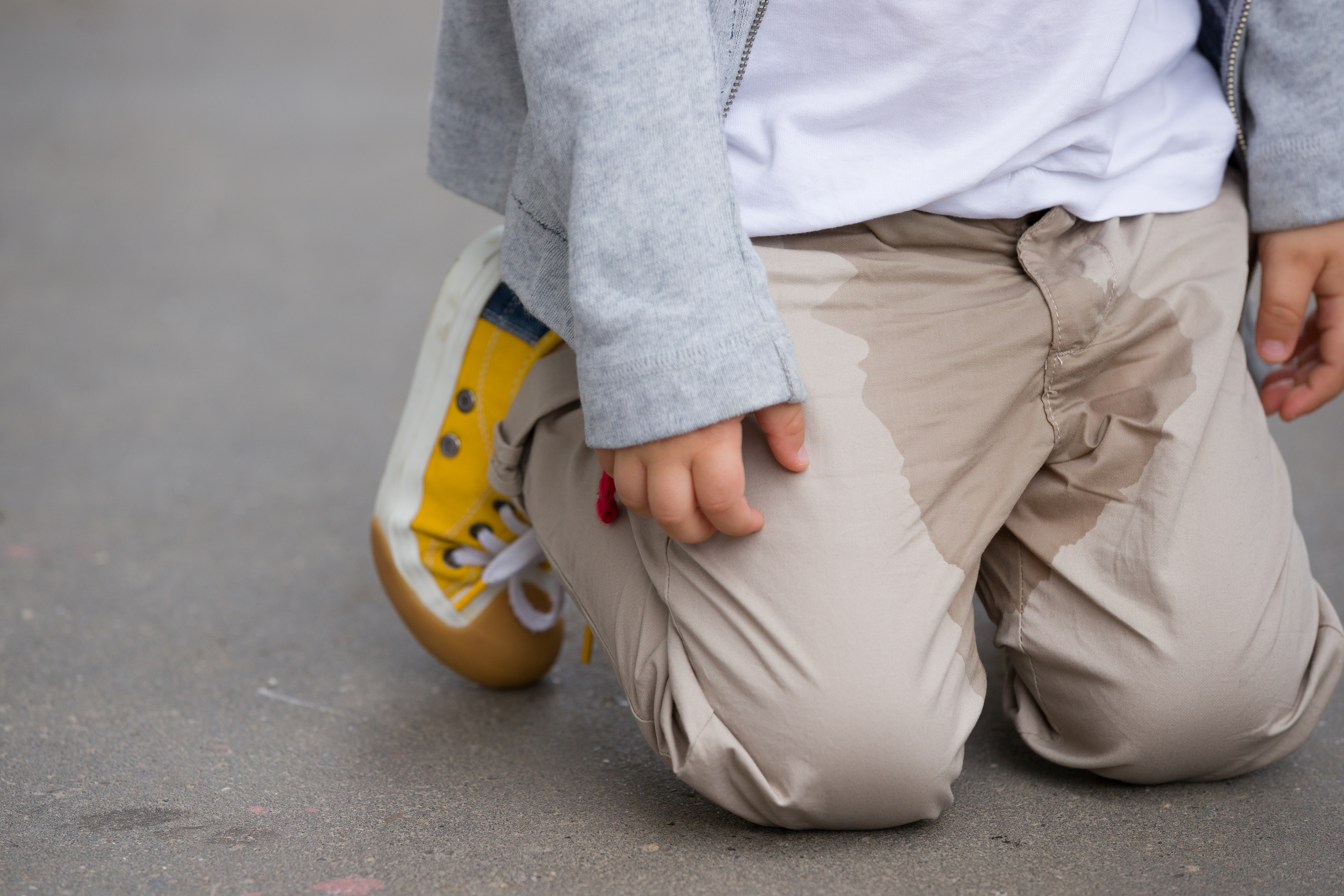Many of our Facebook parents report an increase of bedwetting, potty accidents, and urinary incontinence when there has been accidental consumption of high glutamate foods, a flare of infection/overgrowths, aggravation or detox. Our family has experienced these symptoms when we are dealing with detox from homeopathy. While I know there are other underlying factors that can contribute to this (constipation, retained primitive reflexes, histamine levels, etc.). I decided to do a little research on a possible glutamate connection and it appears as though there is a substantial connection. Though not comprehensive, this is what I’ve found.
“Various neurotransmitters have been implicated in the central control of the lower urinary tract. Putative excitatory transmitters include glutamic acid, tachykinins, pituitary-adenylate-cyclase-activating polypeptide, NO and ATP61,80. Glutamic acid, acting on NMDA (N-methyl-d-aspartate) and non-NMDA receptors, seems to be the essential transmitter in spinal and supraspinal reflex pathways that control the bladder and the external urethral sphincter81–83. Inhibitory amino acids (GABA (γ-aminobutyric acid) and glycine) and opioid peptides (enkephalins) exert a tonic inhibitory control in the PMC and regulate bladder capacity1,62,84.” https://www.ncbi.nlm.nih.gov/pmc/articles/PMC2897743/
“These results indicate that glutamatergic and serotonergic mechanisms are important in the reflex pathways underlying bladder-sphincter coordination in rats.” https://www.ncbi.nlm.nih.gov/pmc/articles/PMC3111965/
“These results indicate that NMDA and AMPA glutamate receptors are important for PNS to inhibit bladder overactivity and that tonic activation of these receptors also contributes to the bladder overactivity induced by AA irritation.” http://jpet.aspetjournals.org/content/jpet/362/1/53.full.pdf

